Texas Lawmakers Request Tesla to Postpone Robotaxi Launch Until New Autonomous Driving Law Takes Effect
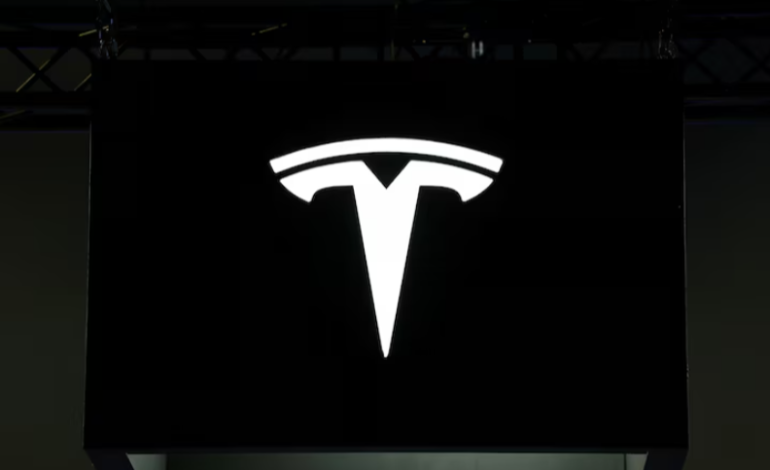
A group of Democratic lawmakers from the Austin area has formally asked Tesla to delay the debut of its much-anticipated robotaxi service, initially set for June 22, until new autonomous driving regulations take effect in September.
In a letter sent Wednesday, the lawmakers said postponing the rollout would support public safety and help build public trust in Tesla’s autonomous technology. The appeal comes amid broader public debate about the readiness and oversight of self-driving vehicles operating on city streets.
Tesla, headquartered in Austin, plans to test a small fleet of self-driving Model Y vehicles as part of its entry into the growing autonomous taxi sector. CEO Elon Musk announced last week that the service might “tentatively” begin Sunday, though analysts believe the initial rollout will likely be limited to employees or invited users rather than the general public.
Austin has become a testing ground for various autonomous vehicle companies. Waymo, a division of Google’s parent company Alphabet, already operates driverless taxis in partnership with Uber. Other companies including Amazon’s Zoox, Volkswagen, and Avride are also testing self-driving delivery and passenger services in the area.
Unlike its competitors, Tesla’s approach relies solely on camera-based sensors — a cost-saving design that some experts argue may pose challenges in low-light or obstructed conditions. By contrast, most other autonomous systems use combinations of cameras, radar, and lidar for redundancy and precision.
Tesla’s Full Self-Driving (Supervised) system, which the robotaxi service will be based on, remains under scrutiny by federal regulators. The National Highway Traffic Safety Administration (NHTSA) is investigating the technology’s role in crashes, including a fatal incident involving a pedestrian. Tesla has until this week to answer detailed questions from NHTSA about how it plans to monitor and intervene in the event its autonomous vehicles encounter difficulties in Austin.
Additionally, Tesla has faced multiple lawsuits from families of crash victims, some of which have been settled out of court. Critics argue that the company’s decision to move forward with its robotaxi service may be premature given these ongoing investigations.
Some residents have expressed skepticism or concern about the rapid deployment of self-driving technology on Austin’s public streets. A small protest was held last week in a local park, where demonstrators voiced worries about safety and urban disruption. Groups such as Safe Streets Austin have called for more public dialogue and a cautious approach to emerging autonomous systems.
Despite these concerns, others in the city appear open to the presence of autonomous technology. Avride’s delivery robots — already active downtown — are a familiar sight, and some bystanders have reacted positively to their presence.
Tesla’s robotaxi project is part of a broader push by the company to lead in autonomous mobility, with Musk envisioning a future where millions of Teslas could operate as driverless taxis. Supporters argue Tesla’s data-driven, software-first approach could enable it to scale faster and more cost-effectively than competitors. However, experts caution that the company is entering a field already occupied by firms with more mature safety protocols and regulatory partnerships.
Volkswagen, for example, is preparing to launch its own driverless taxi service in Los Angeles in 2026, using extensively tested technology and a slower rollout strategy.
The Texas state law set to take effect in September may provide more structure and oversight for autonomous vehicle operations. Lawmakers hope that delaying Tesla’s launch until then will ensure smoother integration and minimize potential public risks.
Tesla has not issued a public response to the lawmakers’ request as of Thursday. Whether the company will proceed with its tentative June 22 launch remains uncertain.
With input from Reuters and the New York Times.
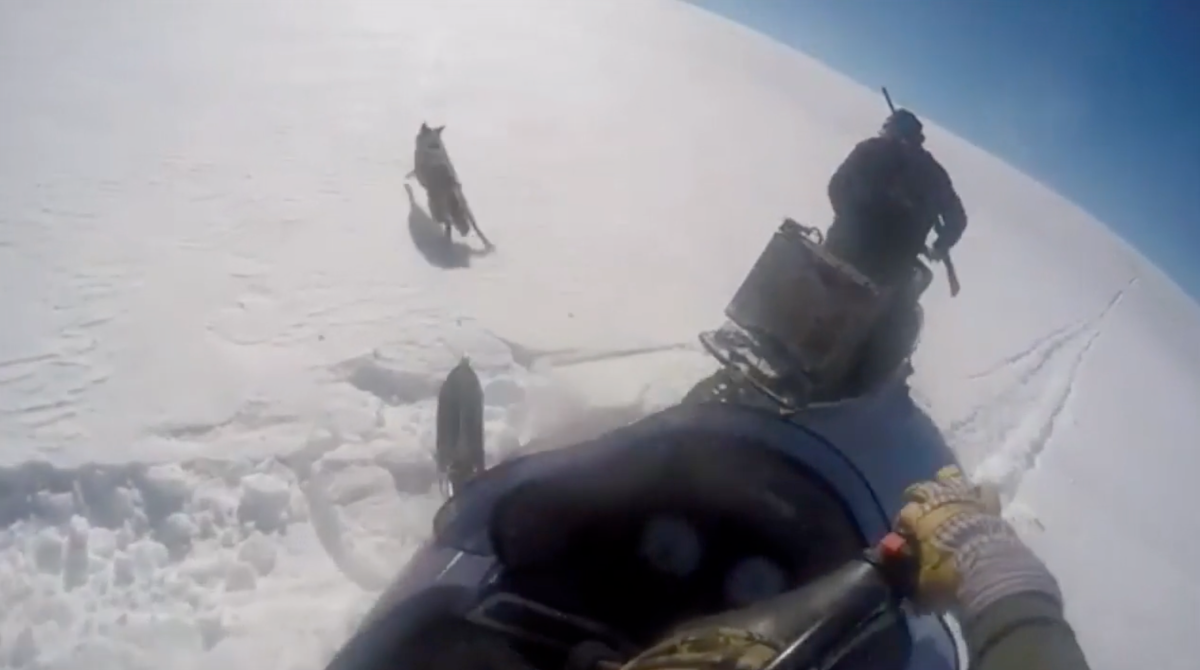
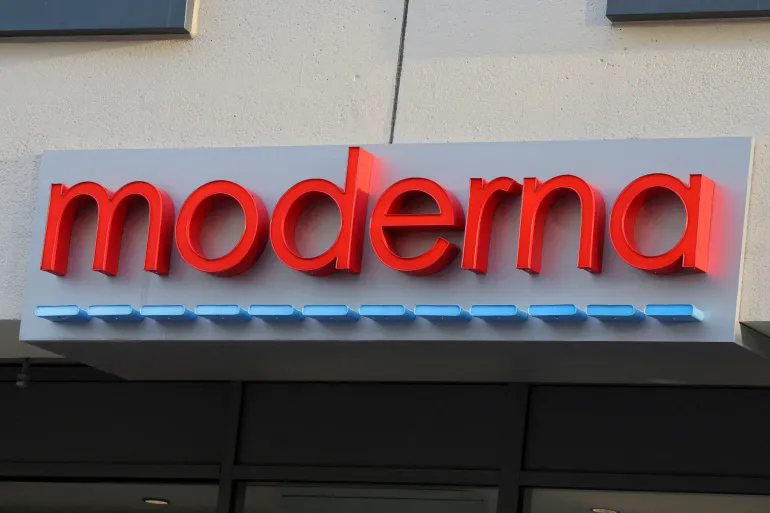
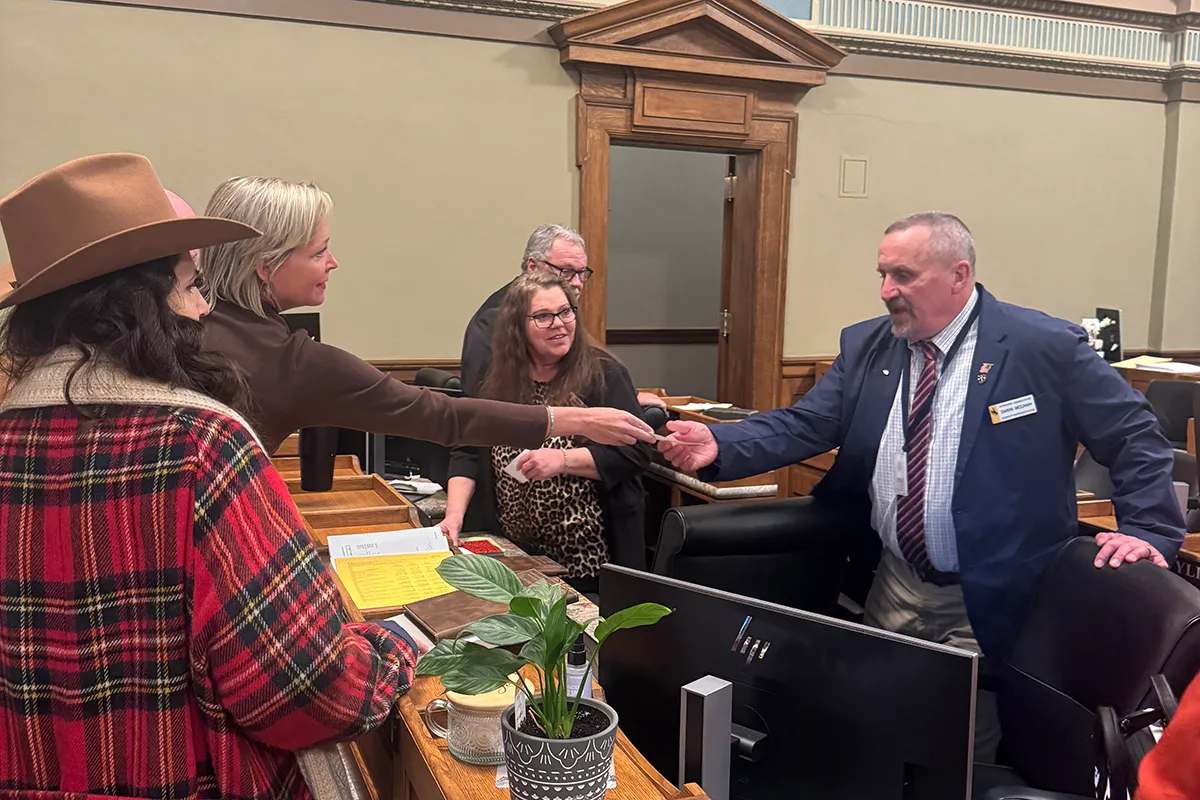
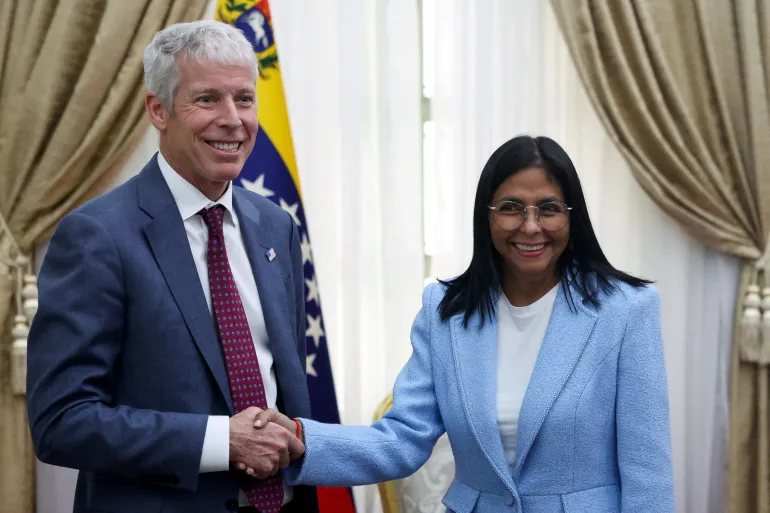
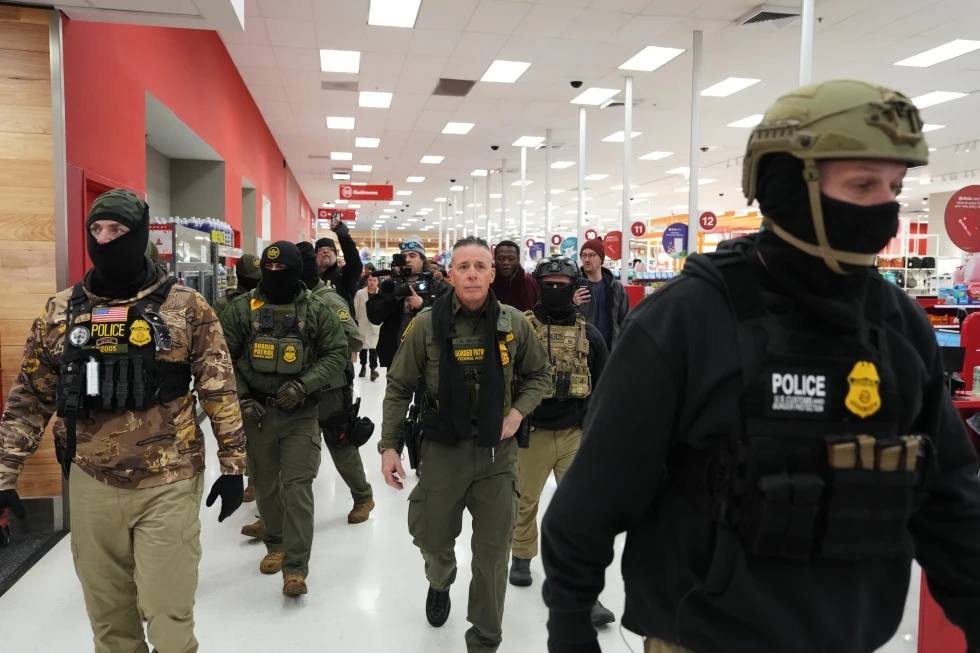




The latest news in your social feeds
Subscribe to our social media platforms to stay tuned